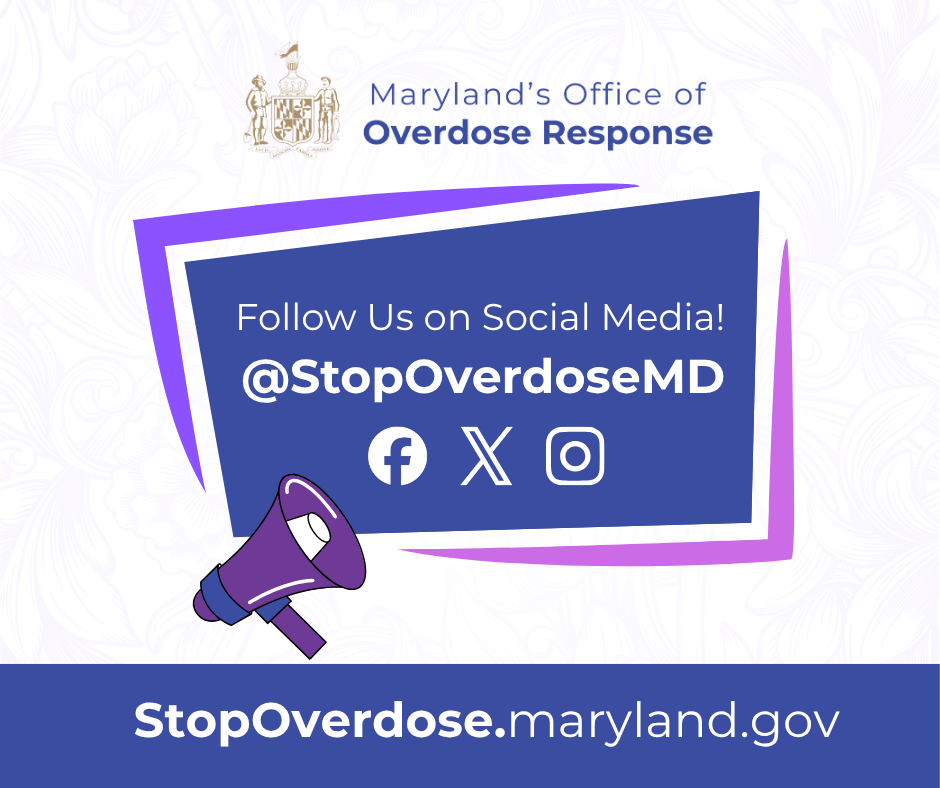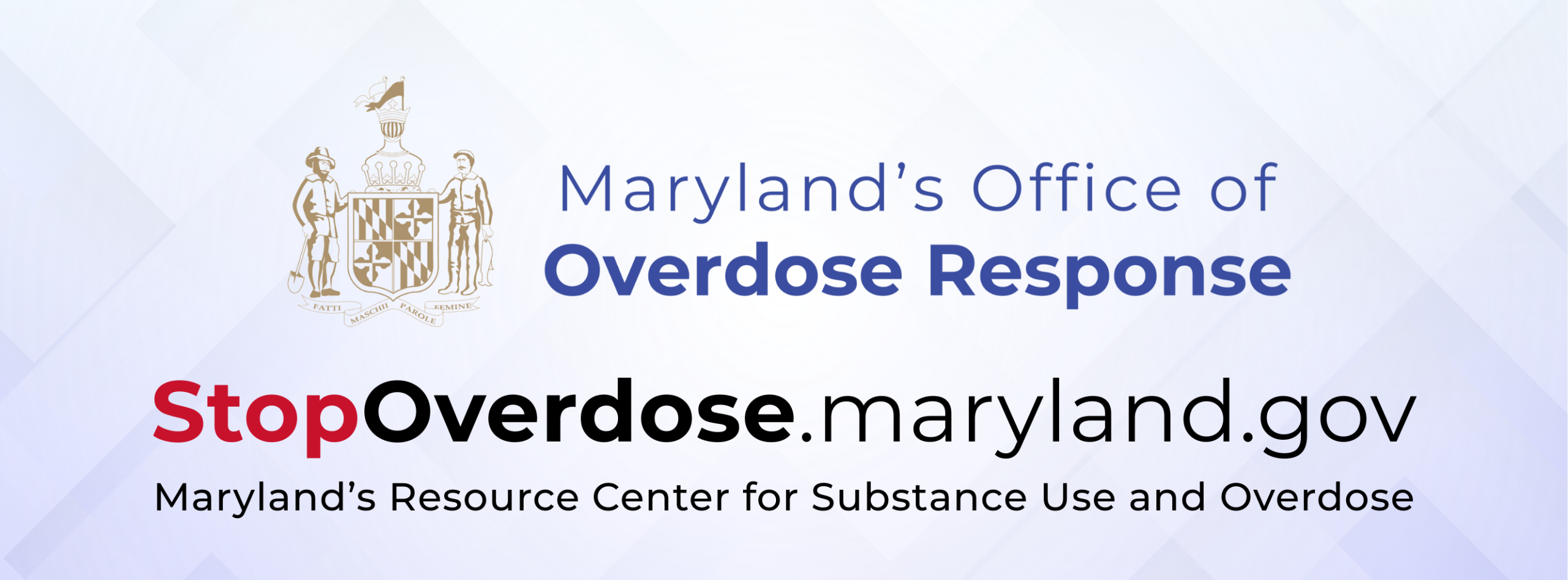
Maryland’s Office of Overdose Response promotes collaboration across all state and local agencies working to address substance use and overdose in the state. We coordinate the inter-agency process to identify the state’s strategic priorities for preventing overdoses, and we work to promote the Governor’s policy agenda.
Read more about our mandate here: Executive Order 01.01.2023.21
Opioid Prevention Teams
Maryland’s Office of Overdose Response works with partners in all 24 local jurisdictions in Maryland to share best practices and to promote evidence-informed programs to prevent overdose deaths. Each jurisdiction is required to maintain an Overdose Prevention Team, which works to promote multidisciplinary collaboration to expand substance use-related supports.
Overdose Prevention Teams are responsible for developing a local strategy to reduce overdoses in their communities and hosting meetings to discuss updates. Teams bring together representatives from various local agencies to identify gaps in resources, share relevant data, and promote collaboration. Each Overdose Prevention Team is chaired by the local health officer and includes partners from local agencies, providers, and community groups.
Learn more on our Overdose Prevention Teams page.
Maryland Overdose Response Advisory Council
The Maryland Overdose Response Advisory Council is chaired by Lt. Governor Aruna Miller and includes representatives from 18 state agencies working to reduce overdose morbidity and mortality in Maryland. The advisory council shares data related to the overdose crisis across agencies and provides strategic guidance for increasing access to substance use care and addressing disparities in overdose outcomes.
For details about upcoming meetings of the Maryland Overdose Response Advisory Council, visit StopOverdose.maryland.gov/MORAC.
Stay in Contact!
To receive notifications regarding Maryland’s overdose crisis response efforts, please complete the following form to be added to our mailing list.
Mailing List Sign-Up Form
Phone: 443-381-9221
Address: 100 Community Place, Crownsville, MD 21032
Email: [email protected].
Social Media: Follow us @StopOverdoseMD across our social media accounts for the latest updates from our office! You can also reach out to us at any time with any questions or ideas for how Maryland can do more to address the opioid and overdose Crisis.
Facebook | X / Twitter | Instagram


 1-888-373-7888
1-888-373-7888 233733
233733